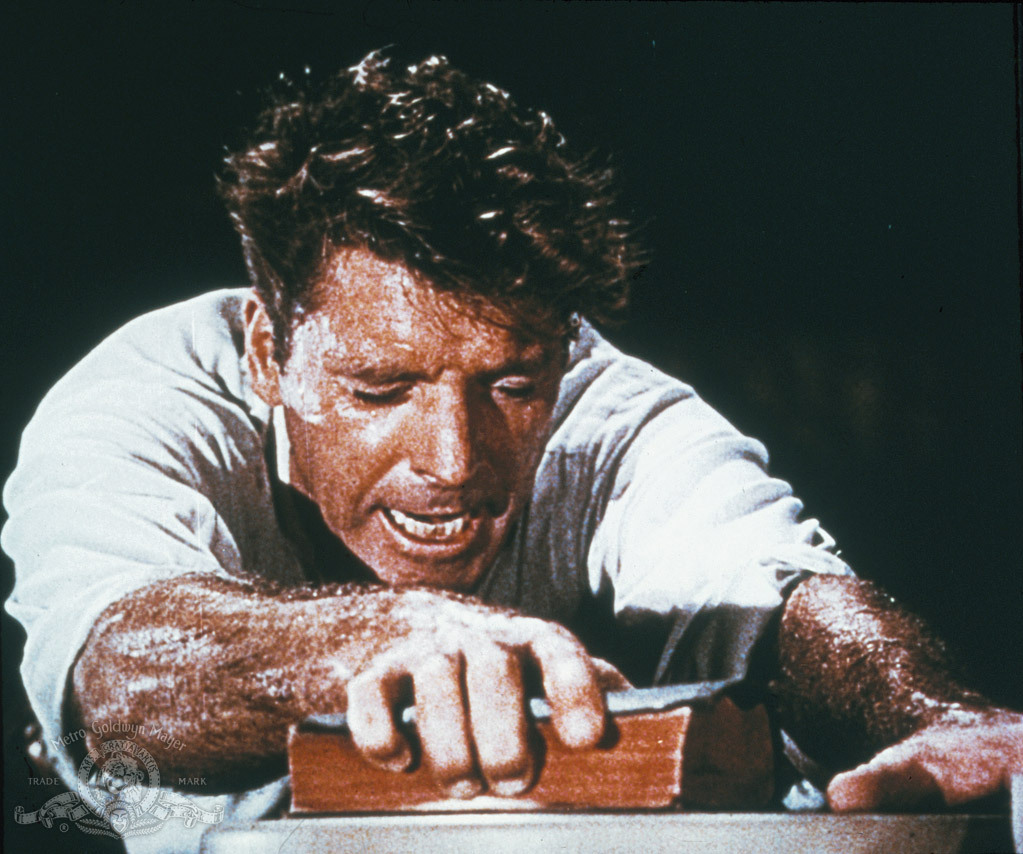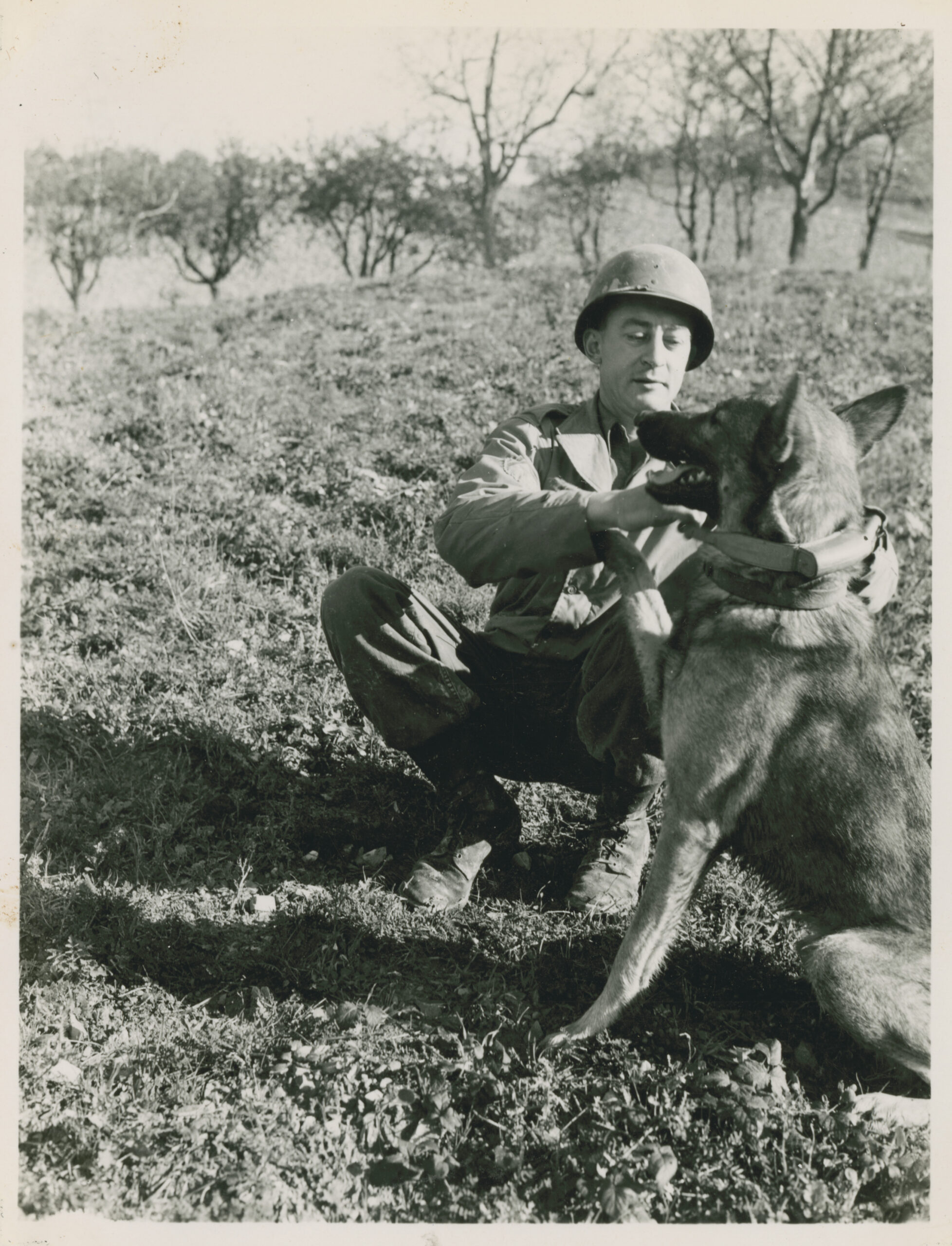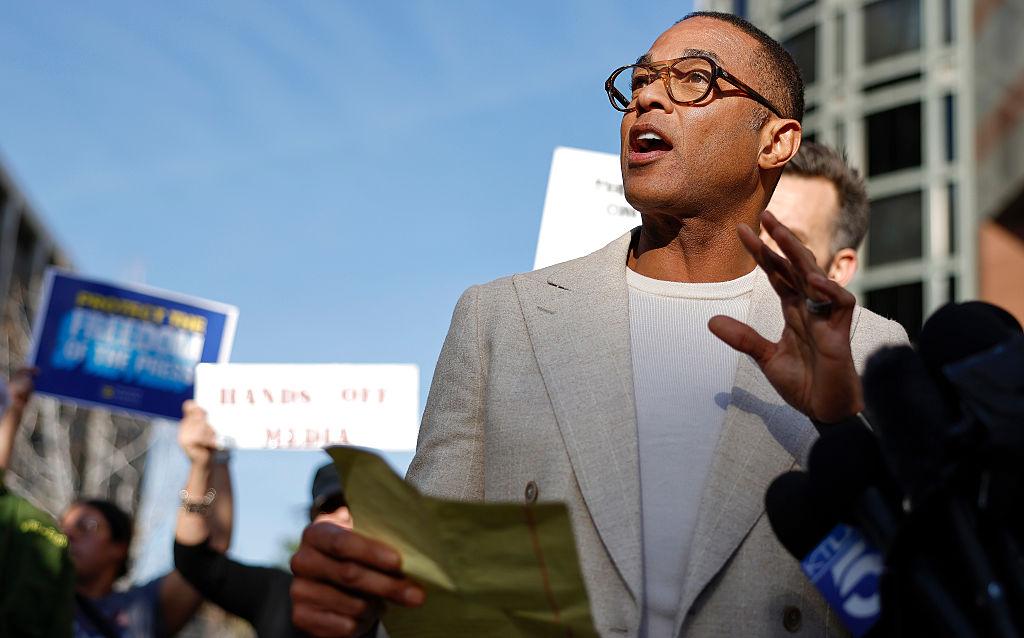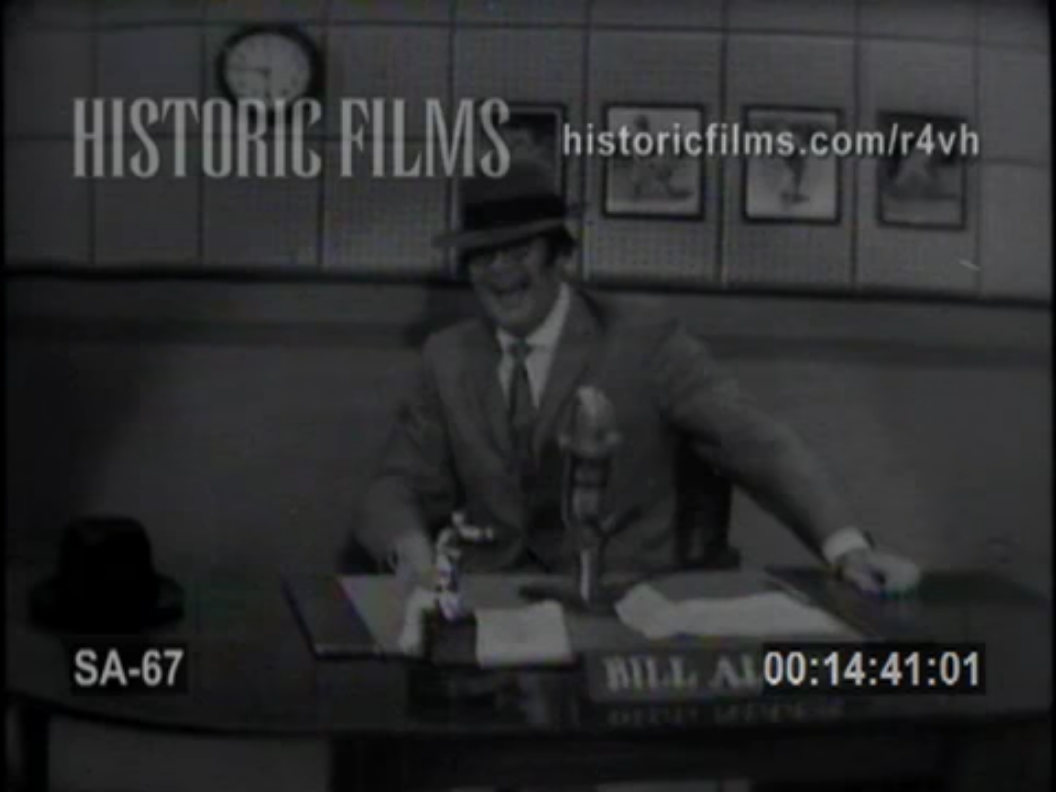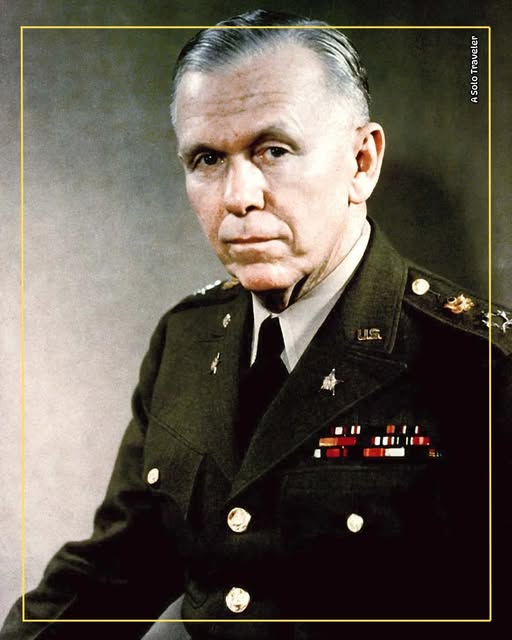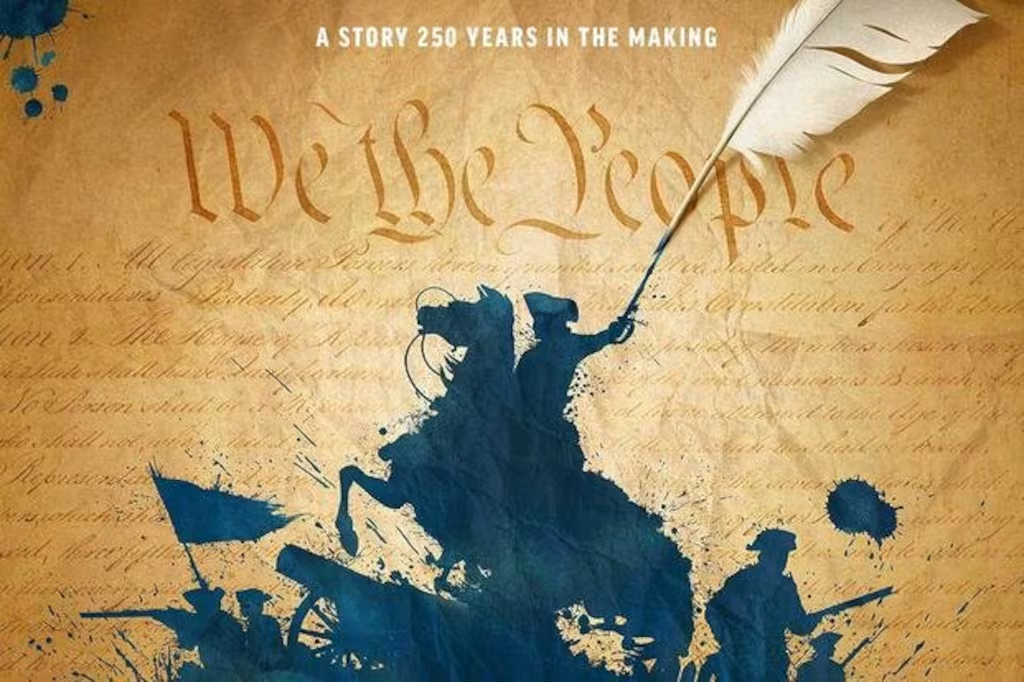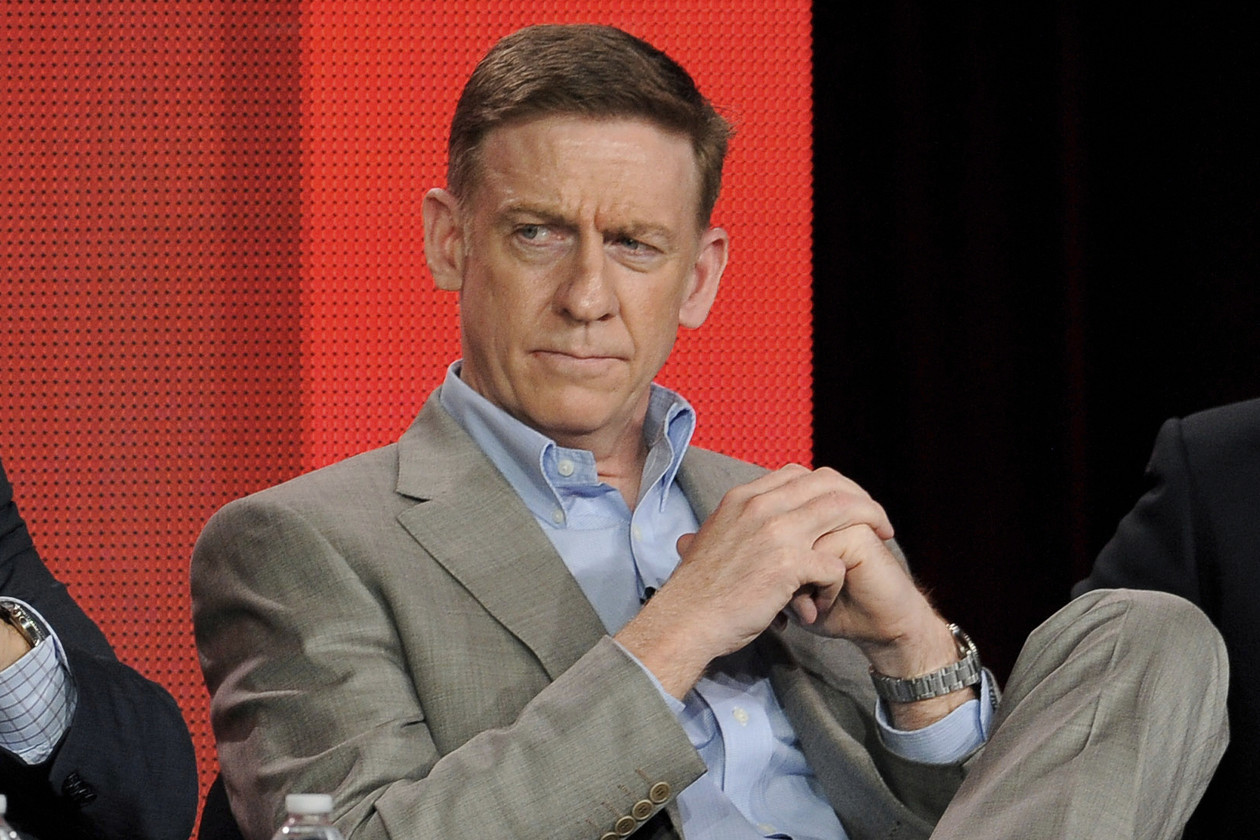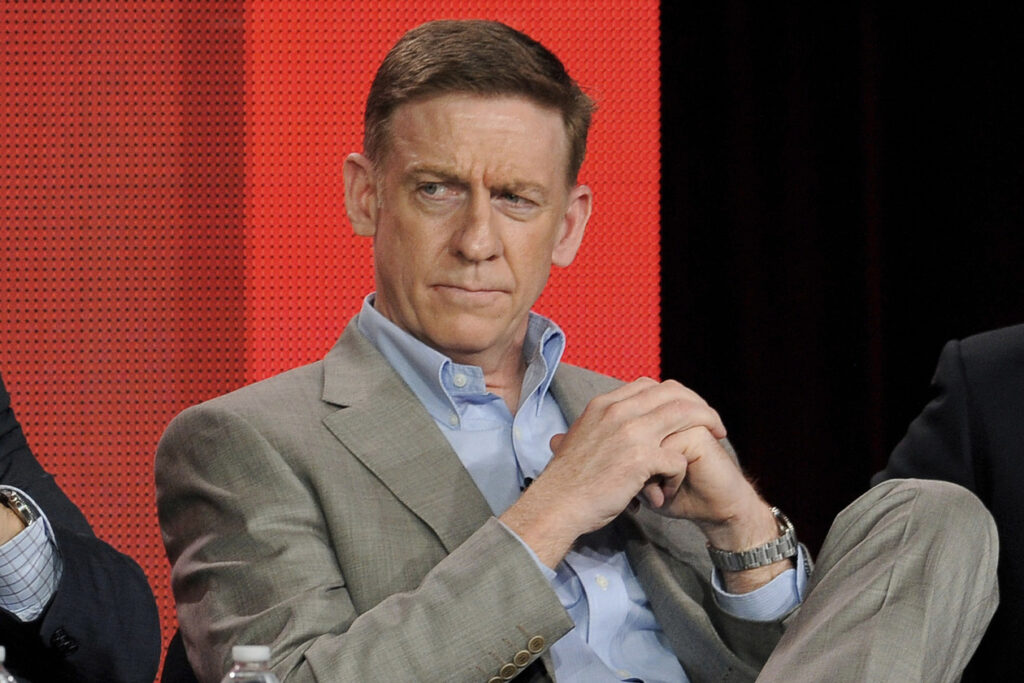
Source: Politico, Photo: Chris Pizzello/AP
After nearly four decades at CBS News, Bill Owens, the executive producer of 60 Minutes, stepped down on April 22, 2025. His reason was simple and direct: editorial independence, once a given, was no longer assured. Owens’ departure follows mounting legal and political pressure, including a $20 billion lawsuit by former President Donald Trump and uncertainty over CBS’s sale to media giant Skydance.
Throughout his career, Owens was known not just for the stories he helped tell, but for the standards he refused to compromise.
It wasn’t the first time the news magazine was tested by the pressures of compromise.
In the mid-1990s, 60 Minutes—the program that had come to symbolize fearless investigative journalism—faced one of its most painful and public tests of integrity. At the center of the story was Dr. Jeffrey Wigand, a former vice president at Brown & Williamson Tobacco, who exposed the company’s efforts to manipulate nicotine levels and mislead the public about the health risks of smoking. Mike Wallace conducted the interview. The story was ready. The truth was ready. But corporate lawyers inside CBS, fearing a multi-billion-dollar lawsuit, pressured the news division to hold it back.
60 Minutes reversed course. The broadcast was edited. The heart of the interview—the strongest accusations—were stripped away. For a news magazine that prided itself on standing up to the powerful, it was a stunning act of retreat. Years later, Mike Wallace would reflect on that moment with deep regret. “We caved,” he said. “We were ordered to do so by CBS corporate executives. We were ashamed of it then, and we are ashamed of it now. It was a decision made not by journalists, but by corporate lawyers. And it should not have happened.”
I’ve had the privilege of knowing Jeff Wigand personally for more than twenty years. I learned that it was Jeff who quietly submitted the critical documents to The Wall Street Journal—documents that opened the door for the truth to emerge and for 60 Minutes to move forward with its full broadcast.
When Jeff recently told me that he had been the confidential source, it deepened my respect for the risks he took—not just for himself, but for the sake of the truth. At a moment when CBS hesitated, Jeff stepped up. His quiet courage made sure the facts would see the light of day.
It was The Journal that filled the gap, publishing the documents for all to see. Only then did CBS air the full story.
Inside the news organization, however, the fallout was profound. Lowell Bergman, the 60 Minutes producer who had fought to get the full story out, ultimately resigned in protest. The controversy didn’t just wound the network’s reputation—it left a lasting scar across journalism itself, a warning about what happens when fear of lawsuits and corporate interests outweigh a news organization’s fundamental mission.
The entire episode later became the basis for the film The Insider—a stark, unflinching portrayal of the personal and professional costs of telling the truth. What that story captured—and what I witnessed through knowing Jeff—is that integrity often demands sacrifice. Sometimes it demands standing alone.
In time, 60 Minutes repaired some of the damage to its credibility. But the larger lesson remains: integrity is not something you claim; it’s something you prove. Often when it matters most, and when the pressure to stay silent is greatest.
Both Jeffrey Wigand and Bill Owens chose the hard path. And journalism—and the public—are better for it.
Comments
